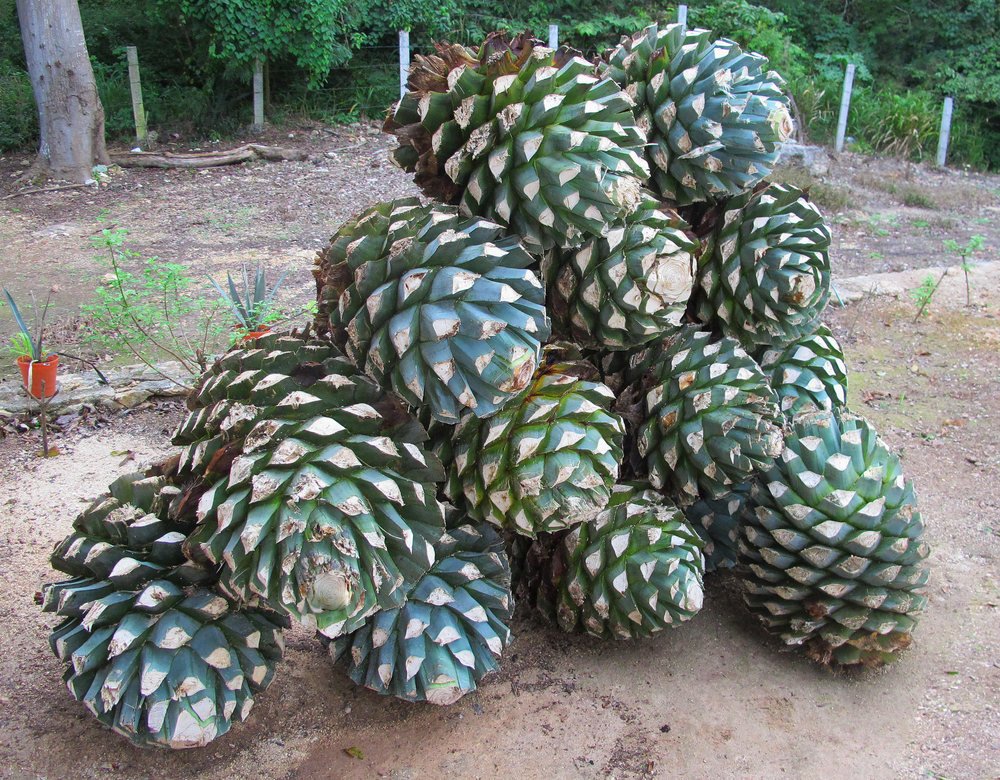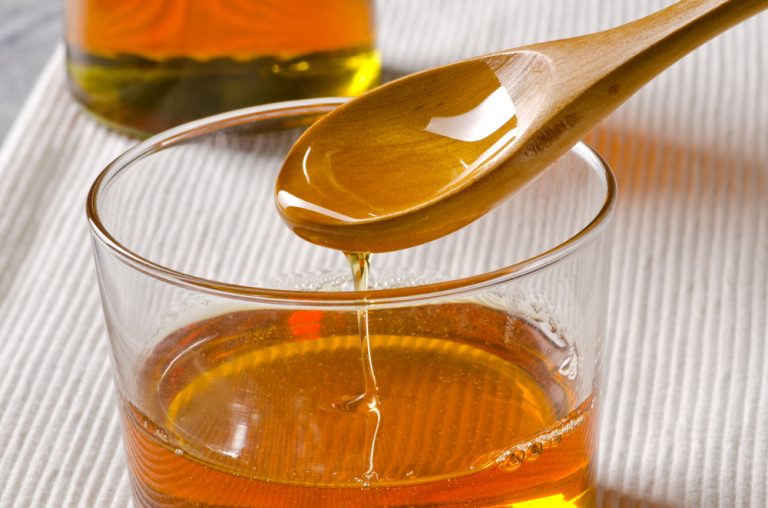Is agave syrup healthy? We can find it on the shelves of natural food stores, it is considered an excellent substitute for unhealthy sugar, a natural product produced using traditional methods, ideal for diabetics because it has a low glycemic index. It is used by many people who are careful about what they eat and want to eat healthily. But are they right in this choice?
How is agave syrup made?
Agave is a cactus plant found in over 100 species from the southern United States to northern South America in hot and dry climates. The best-known species are Agave tequiliana and Agave salmiana. Agave is associated with the use in the production of alcohols - tequila, mezcal and pulque, and recently also sweetening syrup, which is mainly produced in Mexico. Agave syrup is obtained using its core, which is shaped like a pineapple and weighs from 25 to 75 kg. The starch and inulin-rich core juice is squeezed and then cooked or enzymatically processed to obtain a high fructose syrup. The next step is refining and filtration. Finally, we get practically pure sugar, although depending on the producer, the amount of fructose in the syrup may vary between 56-92%, and glucose - 8-20%.

Fructose – a hidden enemy
After the purification processes, virtually no additional ingredients remain in the agave syrup that could make it healthier. Before the industrialization of syrup production, it was made from agave leaves, it was not subjected to purification, but only a long boiling to evaporate excess liquid. Despite the traditional method of production and a much better composition than the current product, it was still primarily a sweetener, although agave syrup with health-promoting properties was also prepared. We must remember that beet sugar, which has a very bad reputation among supporters of proper nutrition, was already produced at the end of the 18th century, so in this respect, it could also be considered a traditional product. However, there is probably no one who will risk saying that sugar is healthy.
Nutritionists and health nutrition specialists accuse glucose-fructose syrup of negative health effects and criticize its addition to food products. At the same time, unaware consumers are sold practically the same product (with an even higher concentration of fructose) as a healthy sugar substitute, added to muesli bars and fit desserts for a much higher price. There are also cases of adulteration when corn glucose-fructose syrup is sold as agave syrup.
Why is excess fructose harmful to health?
High fructose consumption leads to excess weight in its most dangerous form - by making internal organs gain fat. It has also been noted that it contributes to the development of insulin resistance in tissues and increases the risk of developing type II diabetes.
Glucose and fructose, although similar in structure, are metabolized differently in the body. Glucose can be used by all cells in the body, while fructose is only metabolised by the liver. As a result of fructose metabolism, uric acid is formed, the high concentration of which causes a painful disease - gout, but above all higher triglycerides level, which contribute to the development of atherosclerosis and other cardiovascular diseases.
After consuming fructose products, we feel satiety much slower, because fructose slows down the secretion of leptin - the hormone responsible for signalling the brain to satisfy hunger. So we can eat more, which weight controls should be careful about. Unfortunately, adding agave syrup instead of sugar to the dough will not make the final bake healthier. Also, we can create some problems with the control of satiety for ourselves.
Agave syrup vs agave fruit
When talking about fructose in agave syrup, we must refer to the fruit, in which fructose is the source of sweetness. No fruits, even dried ones, contains such a high concentration of fructose as agave syrup. In fresh fruit, the amount of fructose in 100 g is from about 1 g to about 9 g, which is even several dozen times less than in syrup. We also have to look at the product as a whole. Besides sugar, fruit contains fibre, vitamins and minerals, all of which, taken together, have a great effect on our health.






